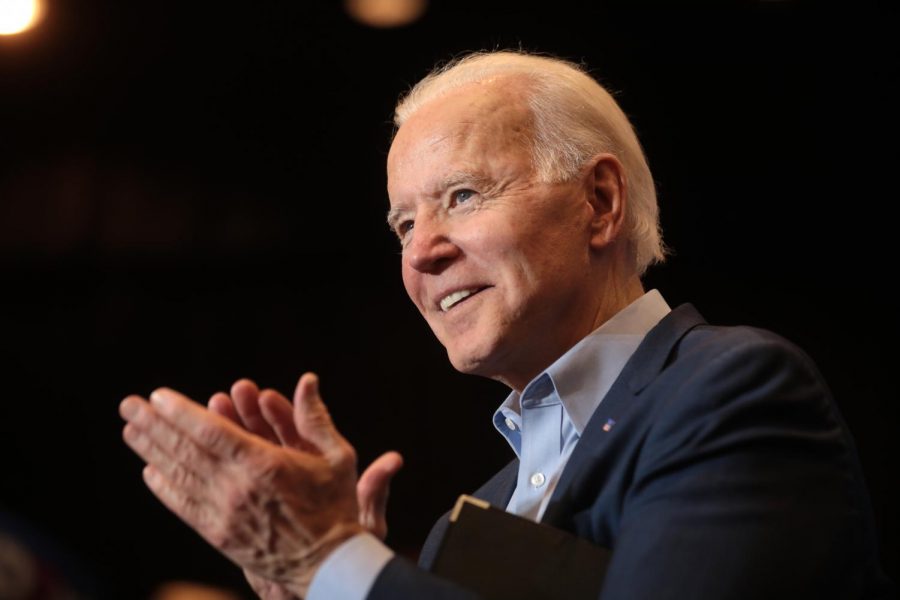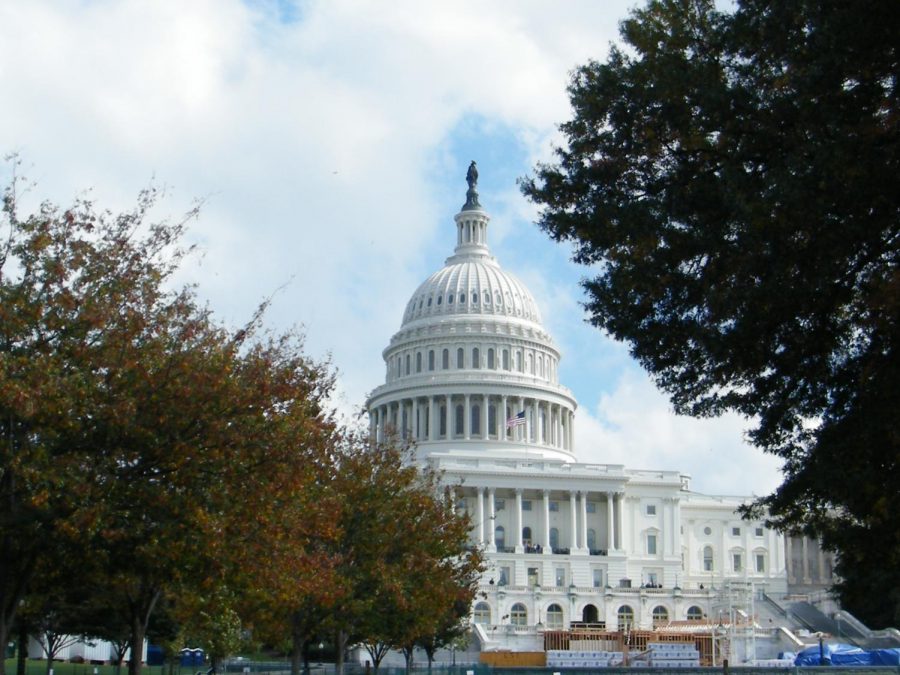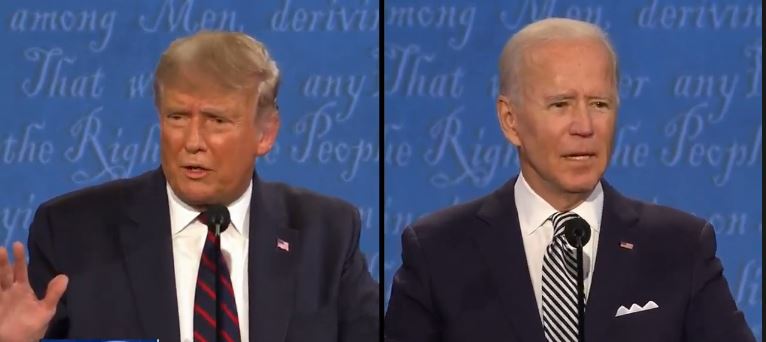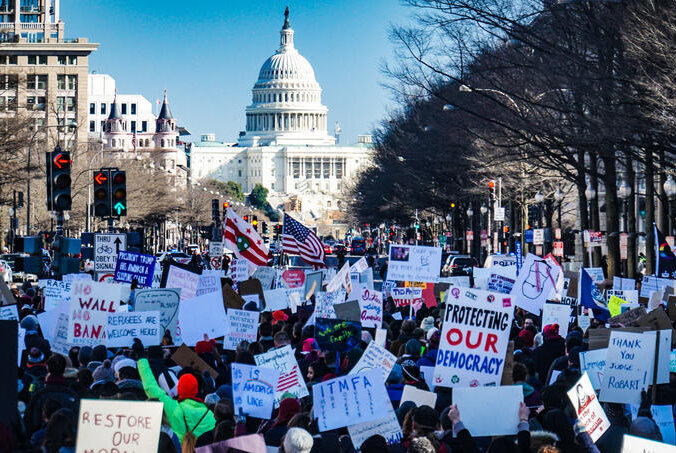The failing grade among all of Marquette’s colleges is 45 percent. It’s a percentage that elicits a gut-wrenching feeling after clicking on the little red flag on D2L. It’s also the same percentage as the young voter turnout (ages 18-29) in the 2012 presidential election — a percentage that has been on a steady decline since the 1970s.
Young voters, we have failed.
Historically, young voter turnout has been low in comparison to other age groups. The Center for Information and Research on Civic Learning and Engagement (CIRCLE) compiled a young voter data time series showing voter turnout for U.S. citizens ages 18-29 to be 45 percent for the 2012 election, down from 55.4 percent in 1972. The series shows some fluctuations but a generally consistent decline.
Many theories have arisen as to why millennials show less interest in going to the polls, but they all allude to a common theme: lack of information.
It seems counterintuitive that millennials would have a lack of information when they are inundated with media around the clock, but maybe that’s part of the problem. It’s understandable that a person overexposed to the media would want to tune out its messages. Young voters in previous generations did not have the luxury of customizing their media preferences.
However, young voters of previous generations did have several advantages. For example, they moved away from their parents and bought homes of their own earlier than young voters today. According to Good Magazine, the average age to purchase a first home in the 1950s was 25, and the average marriage age was 20.1 for women and 23.9 for men. Today, 36 percent of millennials live at home, and the average age to purchase a first home is 31. Only 30 percent of millennials will be married by age 30, with the average age for marriage at 27 for women and 29 for men.
Why does this all matter? Young voters find many hot political issues revolving around taxes, education and healthcare seemingly irrelevant because they will not deal with these things until much later, if at all.
Understand that now is one of the most pivotal points in the country’s history, and every vote will count. Whether siding with left, right or somewhere in the middle of the political spectrum, our generation needs to take action to educate ourselves. However cliché it may be, our generation, with its diversity, social awareness and technological aptitude, will shape the future of the country. Try taking a quiz on isidewith.com to get an idea of which candidate you align with most.
Take a few minutes a day to look into some of the many issues that presidential hopefuls today are discussing.
- Abortion:
Should government fund institutions that provide abortion services? Should companies be allowed to refuse the coverage of birth control and other contraceptives in their employee health insurance plan? Is mandating birth control coverage a violation of a company’s religious freedom?
- Gun control and universal background checks:
Should those wishing to purchase a gun be required to undergo an intensive background check that includes FBI and psychological records? Should guns be outlawed in general? Should the government stay away from an individual’s right to bear arms? What about “stand your ground” laws?
- Citizens United and Campaign Funding:
Should corporations have the same rights as individuals in making political contributions? Should they be able to donate large sums of money to political campaigns of their choice? Are super PACs (political action committees) organizations of corruption or free speech?
- Corporate Tax:
Should corporations be taxed more or less than they are currently being taxed? Would increased taxation deter economic growth?
- Illegal Immigration:
Should illegal immigrants be entitled to publicly funded programs such as education or healthcare? Should we create easier paths to citizenship? Should they be here in general?
- Student Loan Deb
How can we restructure the tax system to lower the interest rate on student loans (currently at 7%)? Should college be free? Is education a basic right for all citizens?
- Healthcare:
Should we continue to insure ourselves through private companies, or should we guarantee universal healthcare through a single-payer system (publicly-funded system)? Is healthcare a basic right?
- Foreign Policy Issues and Defense Spending:
Are we spending too much or too little on national defense? Is the Iran Nuclear Deal a good idea? Are we doing everything we can to confront ISIS?
- Environment:
Should we be investing in more sustainable energies? Should we be funding the Keystone Pipeline? Should we increase environmental regulations?










